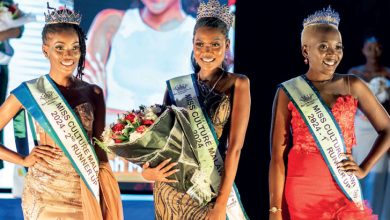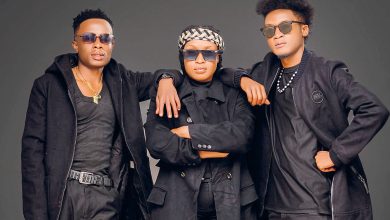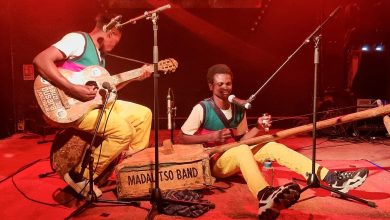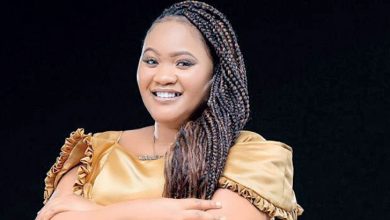When arts play role in elections
Music, theatre, photography and cultural platforms such as Facebook and Tik- Tok are some of the popular forms of arts and culture that have become part and parcel of politics today, particularly during ongoing campaign for the September 16 General Election.
In Malawi, the social media space has been awash with political narratives, including photographs of political activities. For example, we have seen images of political violence or demonstrators being roughed up during mass demonstrations. Likewise, we have seen some politicians taking the law into their own hands by harassing journalists while in the line of duty.
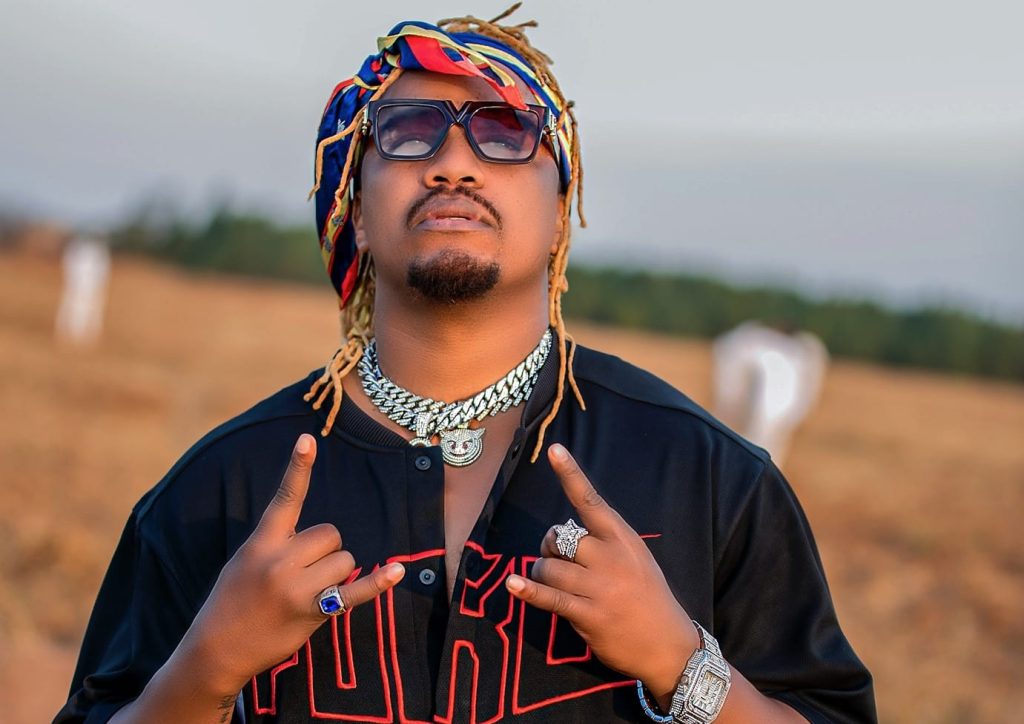
Freelance photographer Ras Peter Kasengwa attests the power of story-telling through photography whenever he is assigned to cover political activities, including campaign rallies.
He described it as a rare opportunity to tell the world stories that people want to hear or see.
“Photography is a powerful art which helps me to tell stories and moments of people, including politicians and campaign events. I focus on capturing reality with key details to tell the people nothing but the truth. And covering election is one of the challenging assignments which requires one to be apolitical,” said Kasengwa.
Likewise, music and politics are also deeply entwined as musicians have throughout history used it for political propaganda and mobilization.
Dan Lu is one of the local musicians enjoying the political limelight as he did songs for the governing Malawi Congress Party (MCP). He also did a production for the former ruling party Democratic Progressive Party (DPP) in the previous election.
Generally, music can be a powerful weapon for promoting peace, unity, culture and shared values during political campaigns and election time.
However, as Malawians gear up for the 2025 General Election, some minds in the creative sectors have challenged artists to use their art to inspire a collective action that will encourage the masses to exercise their right to vote and promote peaceful election.
Social and political commentator Wonderful Mkhutche urged artists to use their influence to help in raising awareness to have peaceful elections.
“Music offers critical perspectives on political issues and helps to shape people’s attitude and actions towards a particular cause. For example, if every artist is preaching peace, that can demonise acts of violence or political intolerance. They must share their opinion on how to choose the candidate since artists are citizens who should also participate in the discussion of politics in the country,” he said.
He added that arts has helped to save Malawi’s democracy citing Billy Kaunda’s Agalatiya song which helped in gathering forces against former president Bakili Muluzi’s third term bid.
There are also artists such as Piksy who have done the Malawi Electoral Commission theme song for the 2025 General Election.
Art critic and journalist Gregory Gondwe, writing in his ‘Lyrical Pen’ column in the July 26, 2025 edition of Weekend Nation highlighted the role of musicians in general election.
He writes: “One of the secrets is that for politicians to get the attention they really want, they use artists. In most cases, politicians need artists to perform and entertain patrons during and before rallies so that people are happy and kept entertained.
“So, as rallies intensify, so will be bookings of musicians to grace rallies of different political parties where their role will be to entertain people. Musicians can wisely take this opportunity to make money and earn a living. However, it is easy for musicians to get lost in the maze and become politicians in the excitement of the process.”
Gondwe, however, warned politicians to avoid abusing artists, saying they deserve better.
“Politicians are clever, particularly during campaign period. They can make artists feel part of their family only to use them. So, artists need to be clever as well to protect themselves from exploitation.”
Media houses and institutions such as Media Institute of Southern Africa-Malawi Chapter are also daring other cultural platforms such as TikTok to change the country’s political narrative.
With support from the DW Akademia, they organised ‘Tik-Tok Journalism and Elections’ training in Lilongwe to equip 10 journalists with skills to create engaging and fact-checked news content using short-form vertical video on Tik- Tok.
Whether used to inspire hope, fuel protest, or promote specific agendas, arts and culture continues to play a significant role in shaping political discourse and social change. They have power to connect and influence audiences on an emotional level, making them a powerful tool for political decisions.


